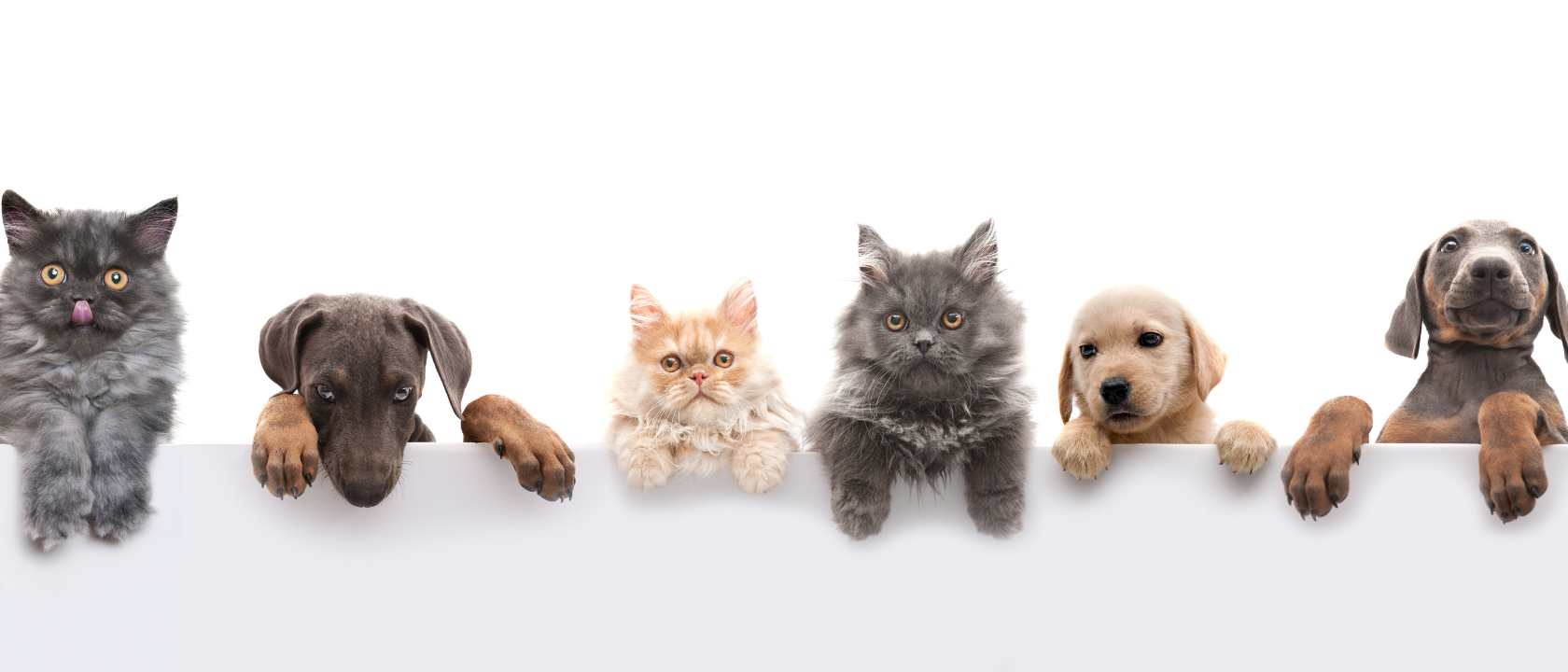Proof that Pets Provide Effective Grief Support
If you have pets, you likely already know well how great their calming effects can be. The benefits of animal companionship extend well beyond just company, though, to provide significant relief in various ways to those who are mourning. In some ways loving up on a pet every day may even be more beneficial than medical interventions.
It might seem to be an audacious claim, but numbers bear it out: over other sources of support, pets won out with a large margin as greatest source of comfort to the bereaved. There’s hard data behind the reasons why this should be the case but to sum it up, as with most other matters of complex psychology, it’s a matter of neurochemistry.
The effects of grief on survivors can obviously be extreme. Physical symptoms associated with grieving may lead to greater psychological disorders of mental health disturbances that worsen over time, impairing the immune and neuroendocrine systems, as well as other aspects of health. It isn’t unusual to see increases in clinical depression and heart disease.
Our simple love bonds with our pets help lessen grief’s blunt, repetitive impact.
Built-in Love Molecules
The human-animal bond has been the subject of multiple studies, especially on the bond that exists between us and our pets. One way this bond benefits us in grief is through increases in the pain-alleviating and feel-good neurotransmitters, which helps to offset some of the body’s negative responses in various ways through the brain’s reward center.
To begin with, animals often bring out feelings of love: ours for them, and what does appear to be theirs for us. And behind those feelings of love are neurotransmitters with various feel-good effects.
One of these neurochemicals is the potent oxytocin, perhaps best known for its role in the creation of bonds between people of all ages. Its effectiveness in strengthening relationships with our pets as well has also been has also been widely demonstrated.
Serotonin is another neurochemical that helps to balance emotions (and the specific chemical lots of antidepressant medications try to increase in the brain), and this one can arise through our relationships with our pets in multiple ways. They keep us more active, especially dog owners going on regular walks; exercise produces serotonin and also decreases stress.
Lowering cortisol, the stress hormone, is another: interacting with our pets has the effect of decreasing stress, which naturally leads to lower levels of cortisol.
There’s lots of good overlap.
Low-maintenance, high reward
The great thing about the company of pets, compared with that of humans, is that it needn’t be demanding (or even necessarily interactive) to be rewarding – just having them around provides consolation, whether they’re even in the same room (which can be less easy to pull off with people).
One of the most important things we can do when we’re grieving the loss of someone is socialize; the form of socialization that our pets provide to us is an effective, hands-off version offering low-impact practice. The pressure’s off. With our pets, it’s possible to keep all our emotional parts in working order until the major healing has time to “take” – something like physical therapy helps us to strengthen the site of injury so we can get back to regular activity levels.
And one last point not to fail to appreciate: when you’ve got little mouths to feed, routine and structure get built into your day. Routine’s soothing effects, predictability, and autopilot-level activity can be their own form of comfort.
Just another item to add to the never-ending list of reasons to cherish our pets… as if we needed more.




